Rewards are anything in a game that player find satisfying or fulfilling. They can range from intrinsic rewards like the joy of solving a puzzle to extrinsic rewards like in-game currency or upgraded abilities. Rewards serve as incentives, guiding player behavior and enhancing the overall game experience.
But rewarding players can be a tricky thing. Controlling their frequency is an essential thing when it comes to making the good use from them. That’s where reward scheduling comes to the play.
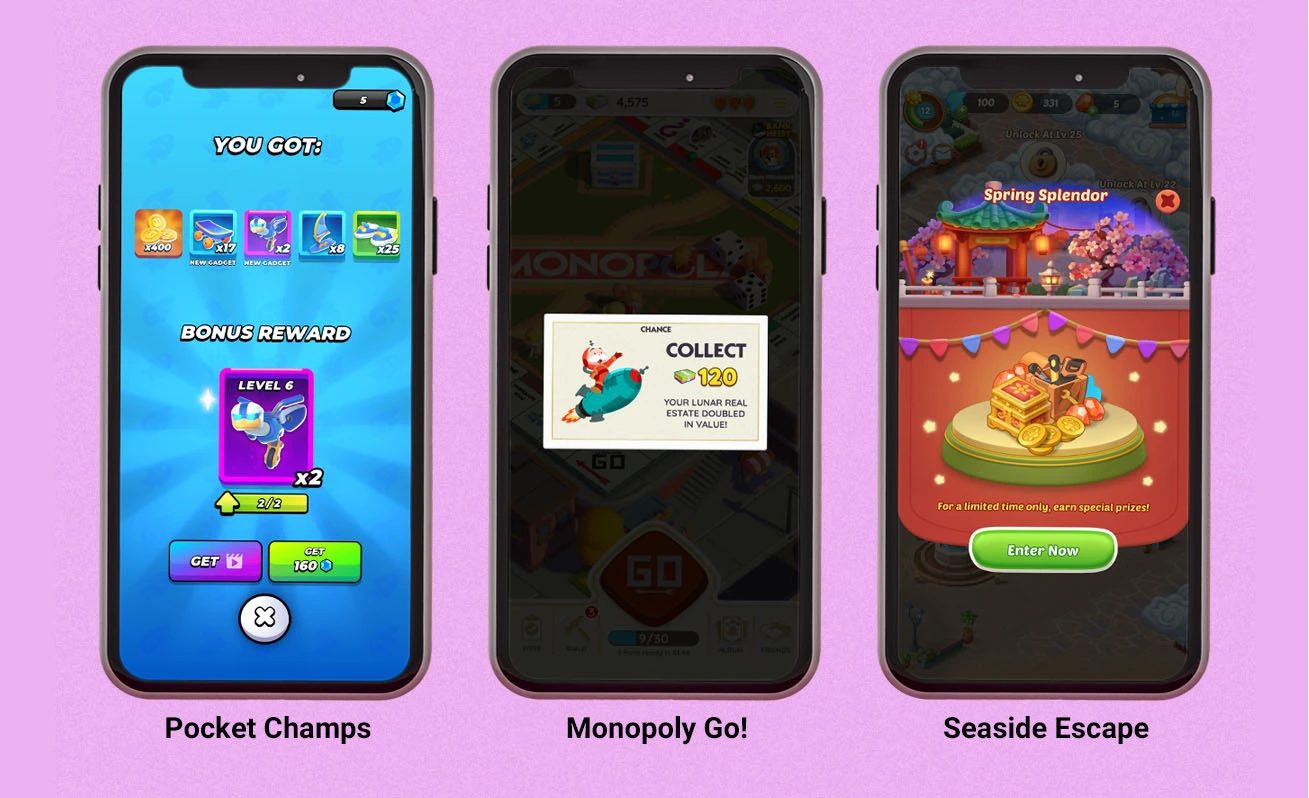
Types of Reward Schedules
A reward schedule is a set of rules that determine how often and under what conditions players receive rewards. These schedules can significantly affect player engagement and satisfaction.
There are 4 main types of reward schedules.
1. Fixed Ratio
Players are rewarded after completing an action a predetermined number of times.
- Impact: Provides a sense of reliability and predictability, encouraging players to reach the reward threshold
- Ex:
- Defeating an enemy drops loot
- Completing a task unlocks new feature
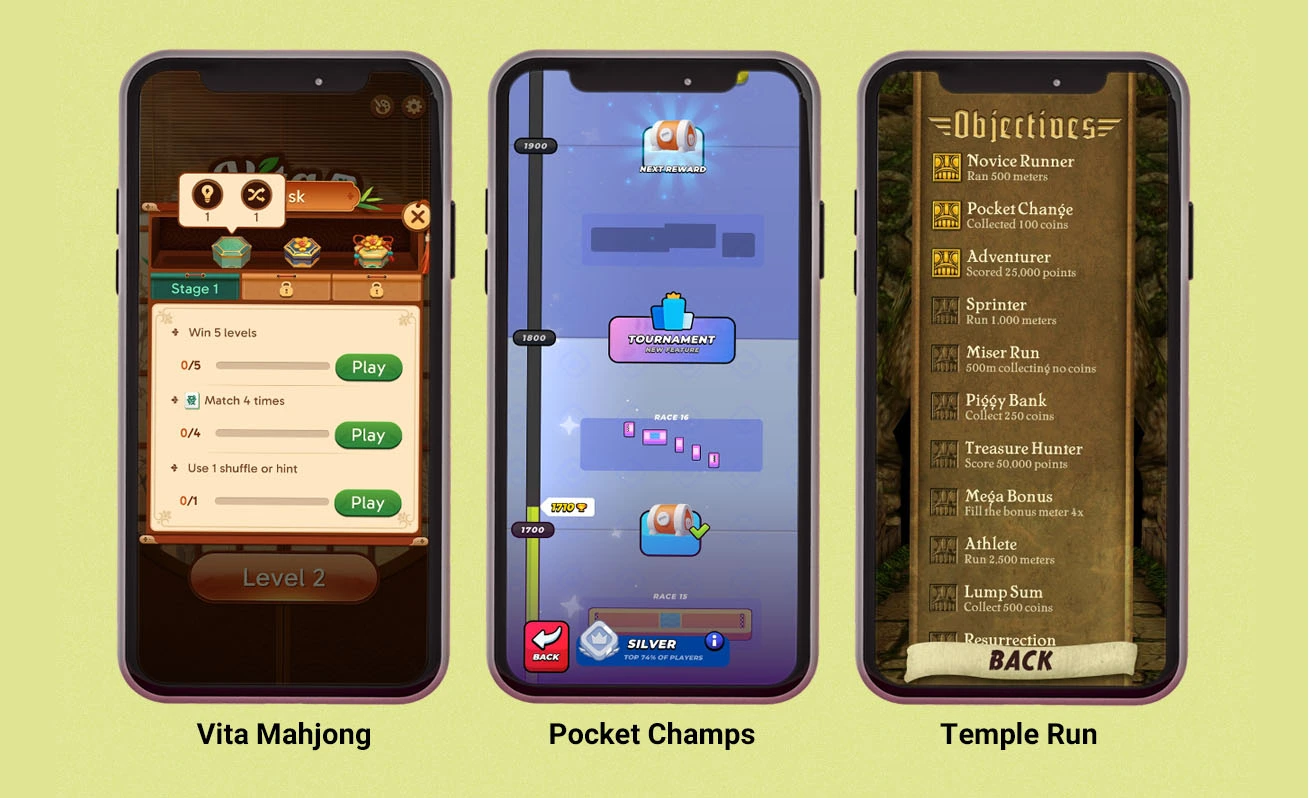
2. Variable Ratio
Players are rewarded after an unpredictable number of actions.
- Impact: Creates a habitual reinforcement loop, keeping players engaged and often lead to addictive gameplay patterns
- Ex:
- Dropping rare items from monsters or lootboxes
- Giving random bonuses to encourage extended play sessions
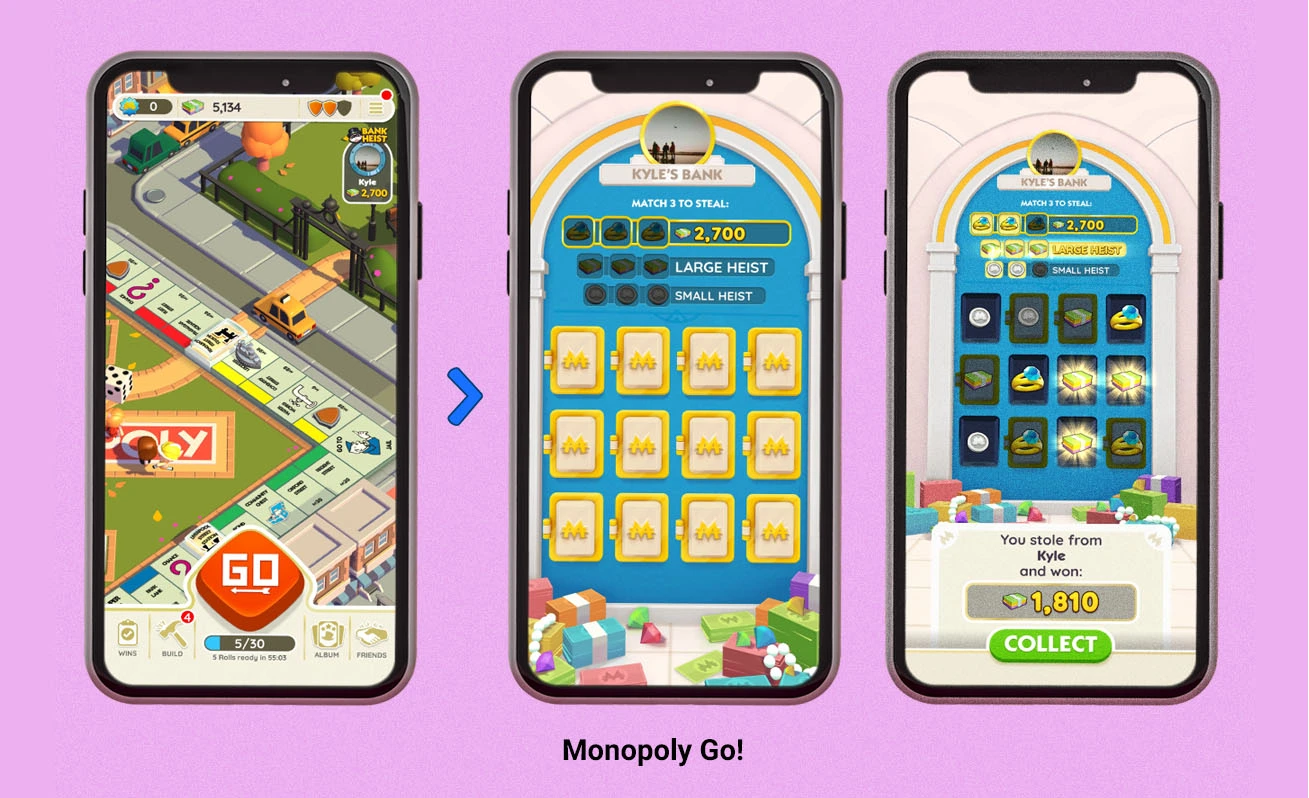
3. Fixed Interval
Rewards are given after a fixed amount of time has passed.
- Impact: Encourages predictable player behavior and periodic play sessions, ensuring players keep coming back for more
- Ex:
- Daily login rewards
- Resource collection in idle games after a set period
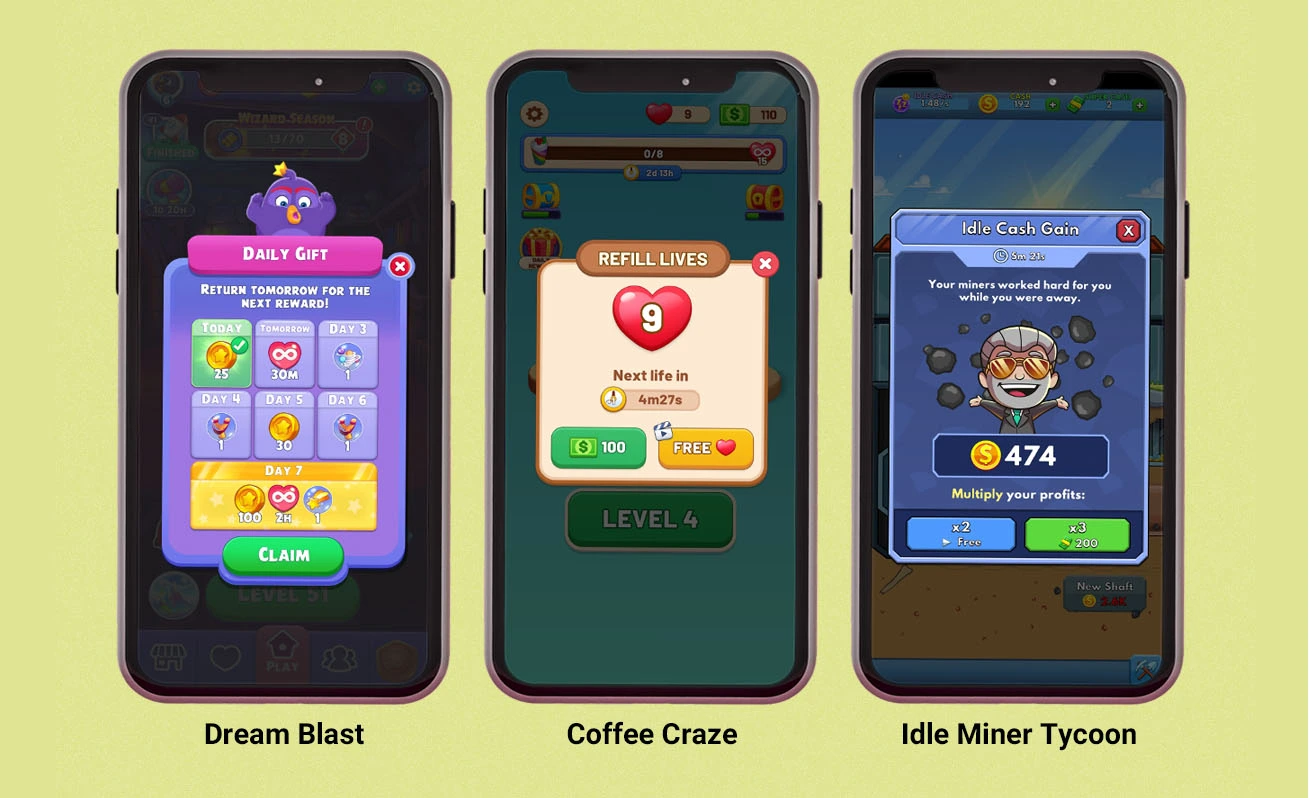
4. Variable Interval
Players are rewarded after a random amount of time has passed.
- Impact: Discourages predictable behavior and can frustrate players if overused, but still creates a sense of anticipation and excitement
- Ex:
- Returning bonuses after a period of inactivity
- Rewarding player randomly throughout the gameplay
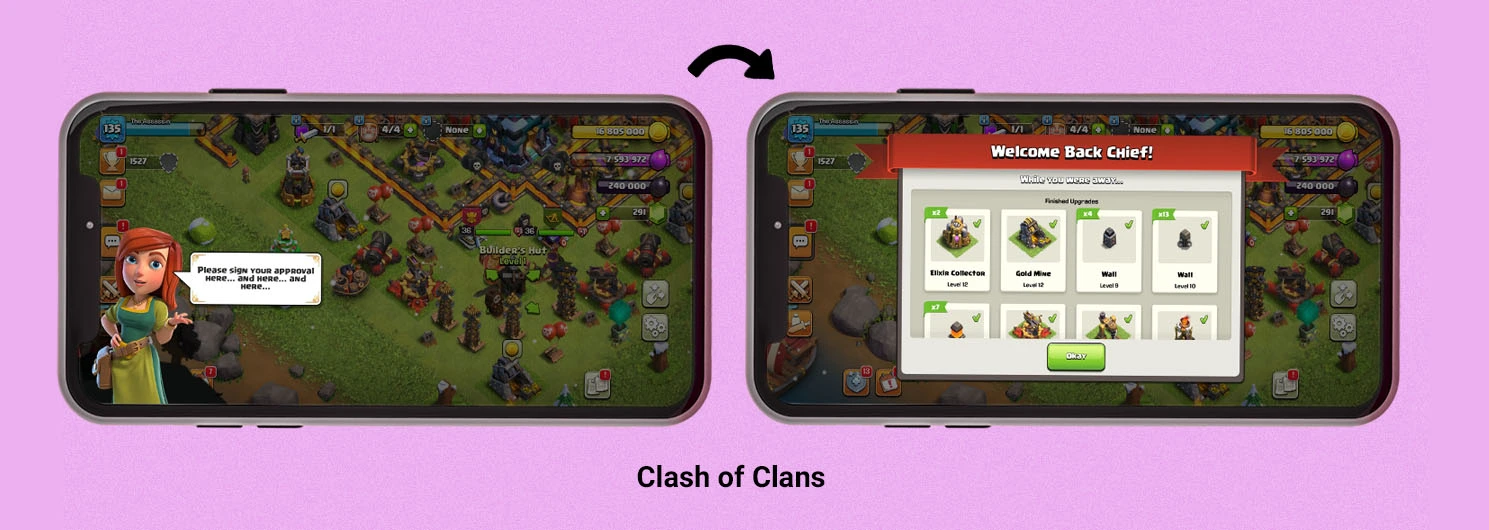
Balancing Reward Schedules
Developers can layer different types of reward schedules to create a dynamic and engaging experience for players. For example,
- Fixed Interval + Variable Ratio: A daily mystery gift system, where the reward is random but given at consistent intervals, keeps players both excited and consistent in their engagement.
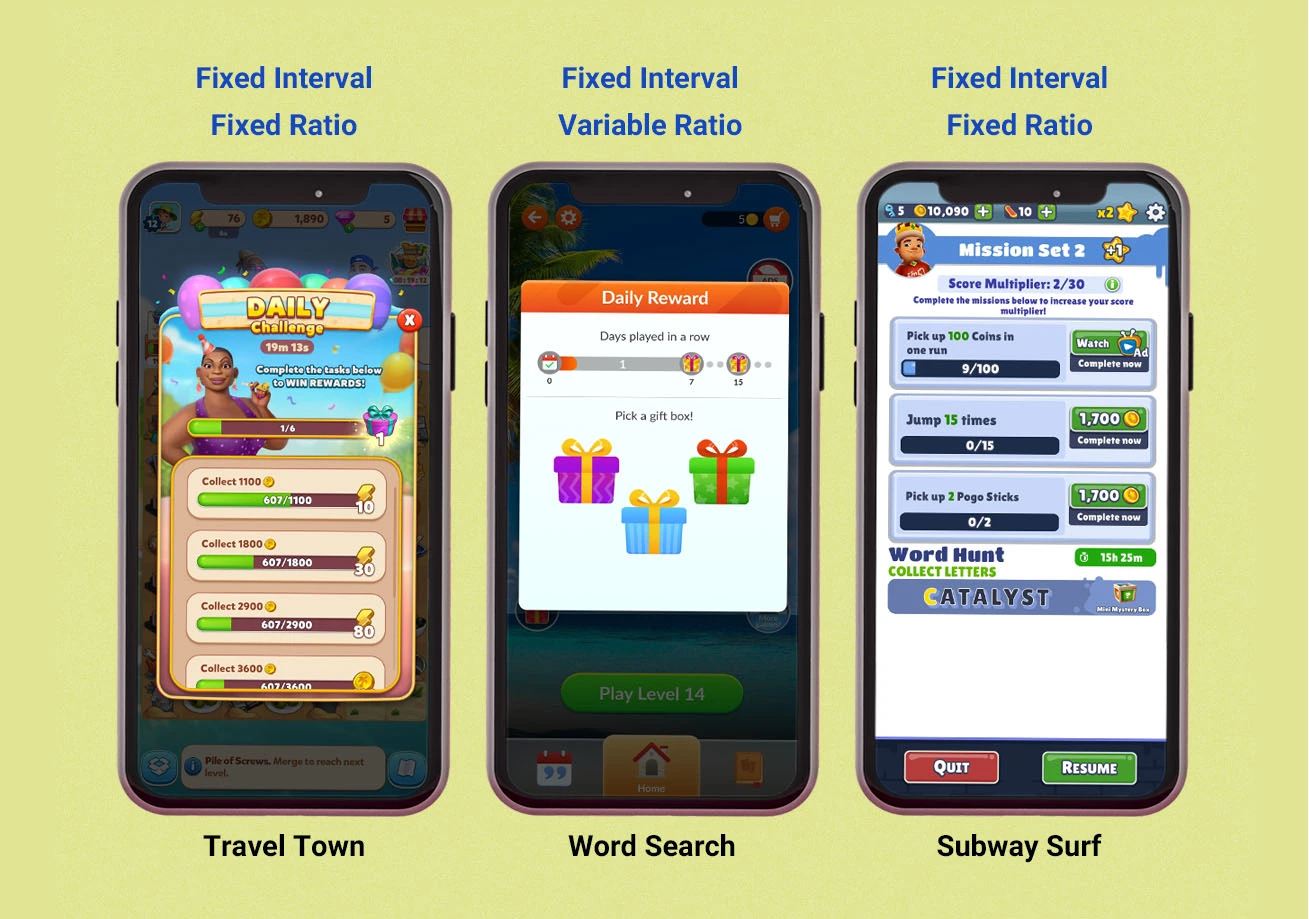
Psychology Behind Reward Schedules
Reward systems tap into human psychology to create compelling gameplay loops.
The Role of Dopamine
When players receive rewards, their brains release dopamine, a chemical that reinforces behavior. Developers depends on this biological response to create cycles of anticipation and satisfaction, driving player retention.
Variable Reinforcement
The unpredictability of variable schedules mirrors gambling mechanics, heightening excitement and engagement. While effective, this technique can raise ethical concerns, especially in systems like loot boxes.
Social Comparison and FOMO
In multiplayer or online games, rewards often become markers of status. Players compare their progress to others, fueling motivation through social comparison theory and fear of missing out (FOMO)
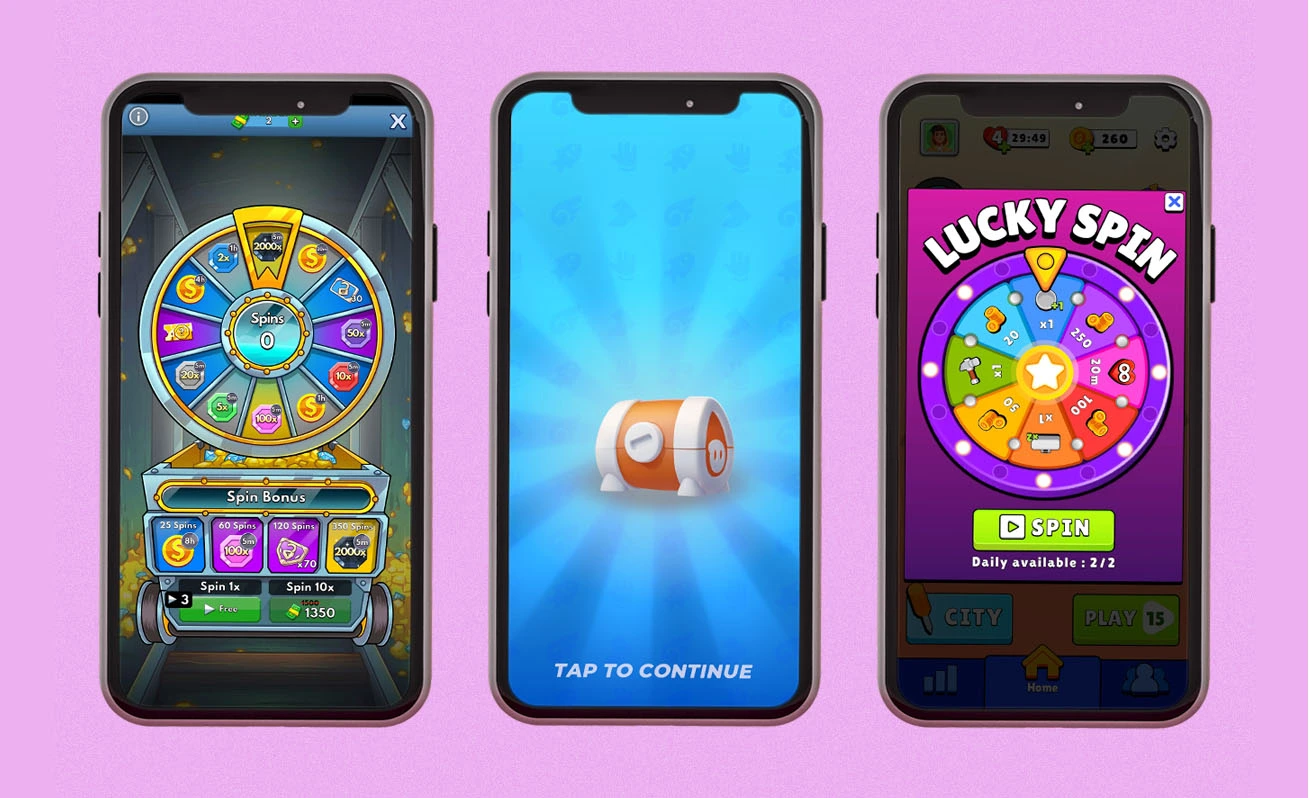
Also when designing an effective reward schedules considering about following 3 things could be hugely beneficial.
- Onboarding: Frequent and immediate rewards, teaching mechanics and hooking players
- Core Loop: Varied and meaningful rewards, sustaining interest and challenge.
- Endgame: Rare and valuable rewards, recognizing mastery and dedication
Reward schedules are more than just concept; they are tools that shape player behavior, drive engagement, and create lasting impressions. By understanding and leveraging these, developers can craft experiences that resonate with players on multiple levels.